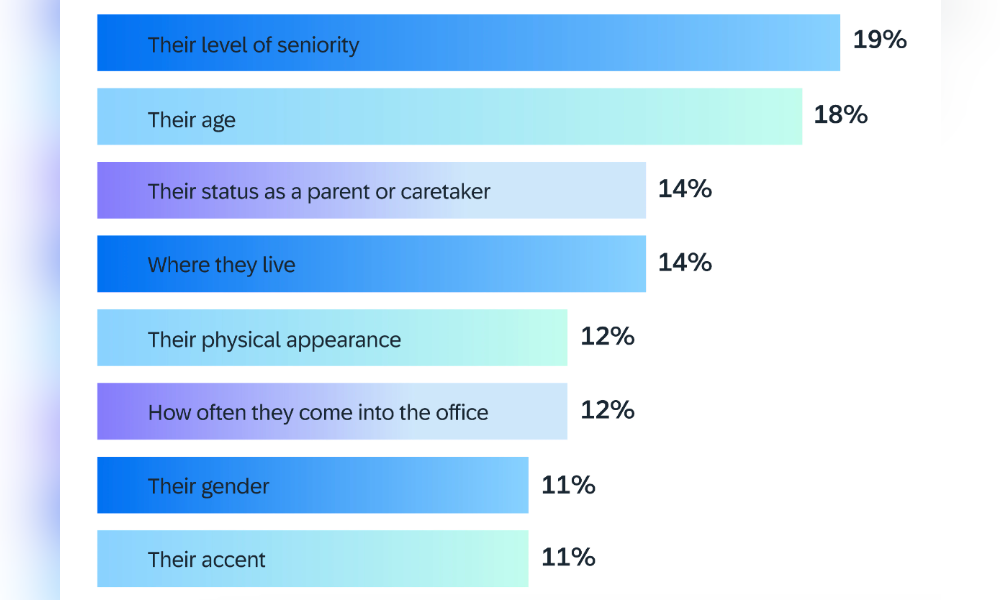
'The current economic environment is driving tension among business travellers, travel managers, and company leadership'

Organisations across the world are planning to cut back on business travel costs despite strong demand from employees, according to a new report.
SAP Concur recently surveyed 3,750 business travellers and 600 travel managers in 24 markets to determine the state of business travel across the world.
Nearly half (42%) of travel managers revealed that their company directives will cut travel costs amid ongoing challenges. This piles on top of already existing cuts to travel costs, which have hit flexibility hard when it comes to business trips.
According to the report, employees have seen cutbacks to allowing remote work while travelling for pleasure to avoid taking leave days (27%) or adding personal travel to a business trip (25%).
Around one in five (22%) business travellers say they’re willing to decline a business trip that doesn’t allow them to extend it for personal travel.
Companies have also cut back on comfort-focused requests, such as:
The cuts on business travel comes amid strong demand from employees, where 67% feel that such trips are critical for career advancement.
More younger travelers feel business travel is important for their career compared to older generations (Gen Z: 72%; millennial: 68%; Gen X: 64%; boomer: 58%).
"The current economic environment is driving tension among business travellers, travel managers, and company leadership," said Charlie Sultan, president of Concur Travel at SAP Concur, in a statement.
"Balance between flexibility and cost is delicate, not to mention pressures from new distribution channels and ongoing geopolitical issues.
Meanwhile, the report also found unequal opportunities for travel in the workforce, as 66% of respondents feel they haven't had an equal opportunity to take business trips compared to their colleagues.
Among the reasons they cited include their level of seniority (19%), their age (18%), and their status as a parent or caretaker (14%).

Source: SAP
To address these problems, the report recommended connecting with employees so they can determine and act upon their experience on business travel.
They are also urged to enlist the help of outside resources to help them prepare for travel disruptions and other related issues.